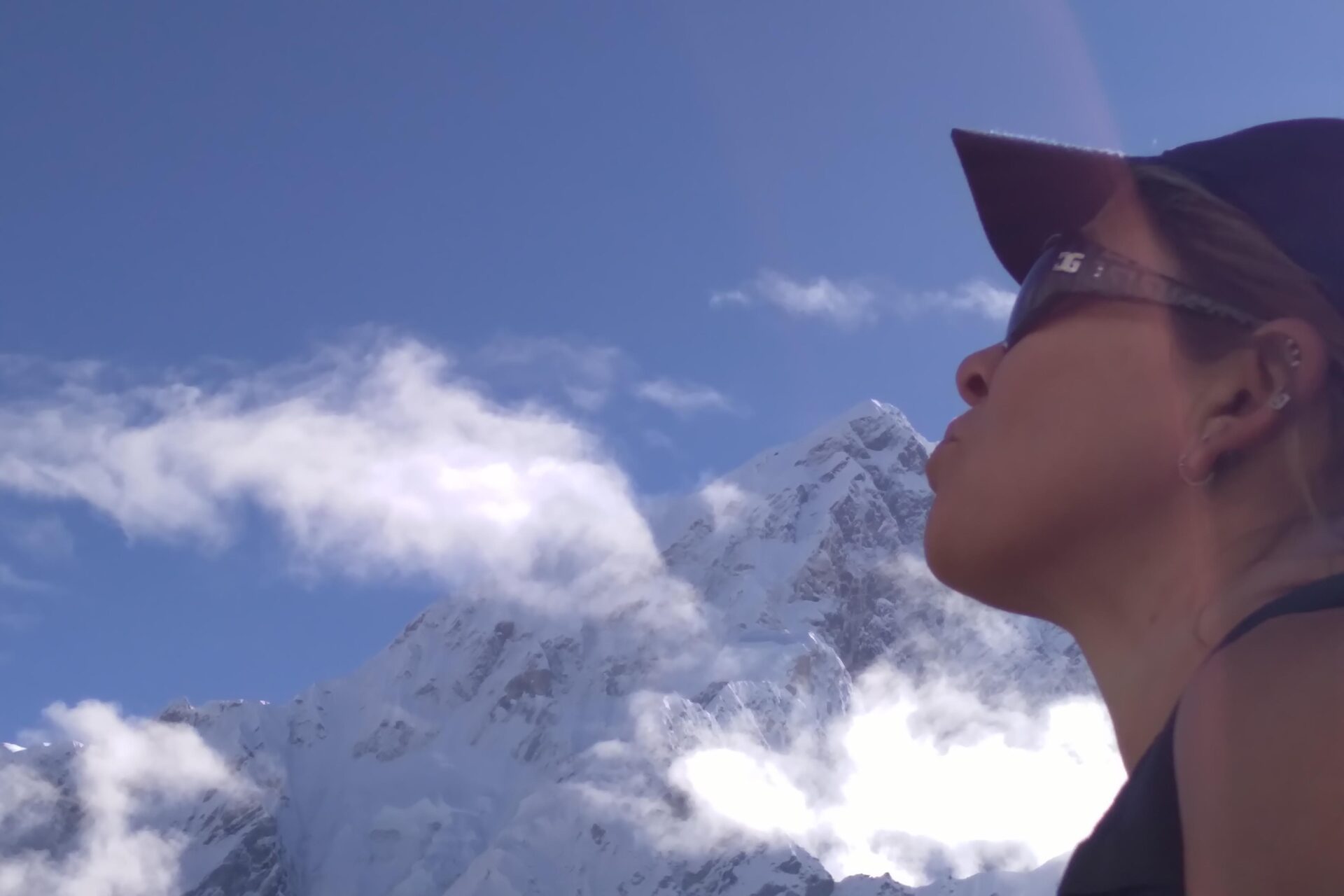The term hypoxia is a medical condition where the cells of our organs do not receive adequate amount of oxygen due to the insufficient concentration of oxygen molecules in the blood. The lack of oxygen can in the blood, in time can cause severe long term effect to the human body which include a permanent damage to the brain and other vital organs. Each and every tissue in the human body needs to proportionally receive oxygen always in order to function and perform the important biological processes to keep a human alive.
If you’re blood doesn’t carry enough oxygen & nutrients to your body parts then it will later on be the main cause of Hypoxia which can be lethal for one’s survival. Therefore, I am about to discuss the causes, symptoms and preventive measures so that you can learn about Hypoxia in depth.
Symptoms:
Although, the symptoms for Hypoxia can differ from person to person, I have listed down the most occurred common symptoms of Hypoxia below:
- Rapid breathing
- Confusion
- Sweating
- Fast heart beat rate
- Changes in the color of your skin, ranging from blue to cherry red
- Wheezing
- Cough
- Shortness of breath
Causes:
Hypoxia or Hypoxemia, these are very dangerous conditions as it means your body is not getting required dose of oxygen through your blood. It is to keep in mind that without oxygen, your brain, liver &other organs can be damaged just minutes after symptoms start. Some common causes of it are as below:
- Hypotension, which is extremely low blood pressure
- Strong pain medicines and other drugs that hold back breathing
- Stroke, cardiac arrest, and an irregular heartbeat
- Choking
- Anemia (a low number of red blood cells, which carry oxygen)
- Drowning
- Carbon monoxide poisoning
- Cyanide poisoning
- strangulation
- traveling to high altitudes
- brain injury
- ALS (Amyotrophic Lateral Sclerosis)
How to prevent Hypoxia?
When the oxygen levels in the blood start getting under 90 percent, a person will certainly get affected by Hypoxia. In that case, the individually affected person needs to receive immediate medical attention. It is vital that the level of oxygen circulating from the blood to the cells and tissues of the body reach a normal level, as if the oxygen level remain low, the individual person may even die. So, it is highly recommended that you should always monitor your certain health conditions.
Make appointments with a doctor and check if your blood pressure is too low.If you’re asthmatic then I hope I don’t have to say that you should keep your inhaler nearby at all times. Additionally, avoid trekking in high altitudes if you think you might succumb to the environment of high altitudes.Lastly, as the Hypoxia gets worse trekkers need to receive immediate medical attention because they require high amount of medical supervision from that point onward in order to remain alive.


